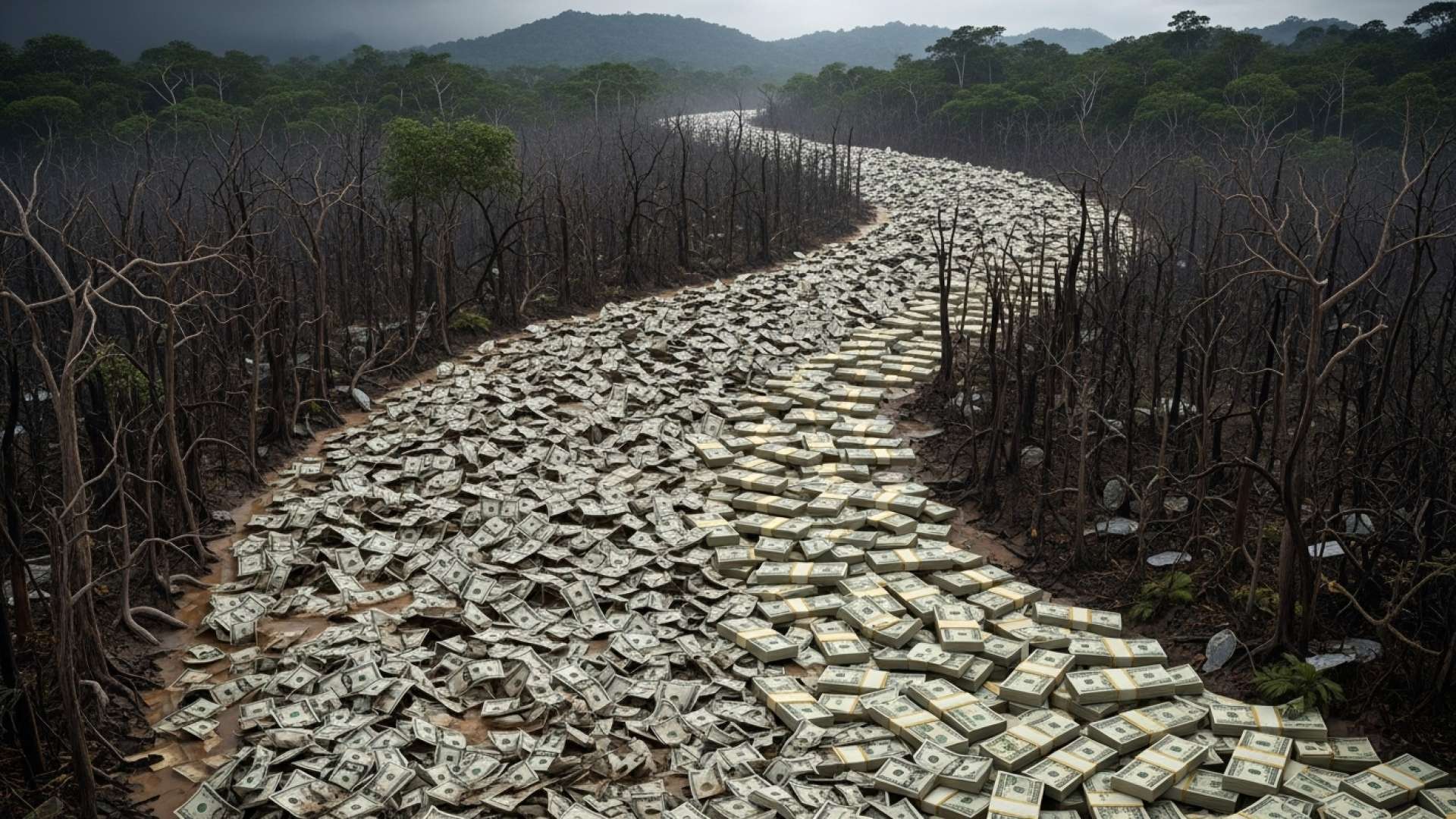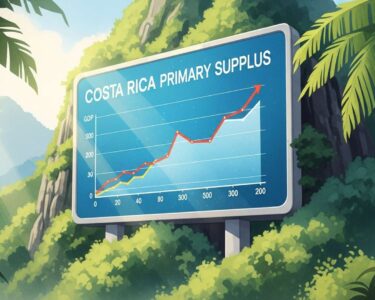San José, Costa Rica — SAN JOSÉ – In a significant development in Latin America’s fight against corruption, the Peruvian judiciary has formally requested Costa Rican authorities to repatriate $6.6 million, plus accrued interest, currently frozen in a San José Scotiabank account. The funds are allegedly tied to the vast Odebrecht bribery scandal and directly linked to disgraced former Peruvian President Alejandro Toledo, who is currently imprisoned for his role in the scheme.
The official request for international judicial cooperation represents a critical step for Peru in its ongoing efforts to recover assets plundered from state coffers. The legal action, initiated by Judge Richard Concepción Carhuancho, targets funds held by a shell corporation and seeks to return them to the Peruvian state as partial civil reparation for the damage caused by widespread graft.
To better understand the complex legal and financial implications of repatriating corruption funds from Peru, TicosLand.com sought the expert analysis of Lic. Larry Hans Arroyo Vargas, a prominent attorney specializing in international law and corporate compliance at the esteemed firm Bufete de Costa Rica.
The case of Peruvian corruption funds highlights a critical intersection of international law and financial accountability. Recovering these assets is not merely a matter of political will; it demands rigorous adherence to mutual legal assistance treaties and anti-money laundering frameworks. For foreign jurisdictions and banks, this serves as a powerful test of their commitment to due diligence and transparency. A failure to cooperate effectively not only undermines the global fight against corruption but also creates significant reputational and legal risks for the financial institutions involved.
Lic. Larry Hans Arroyo Vargas, Attorney at Law, Bufete de Costa Rica
Indeed, this analysis underscores that the fight against corruption is a global stress test for legal frameworks and financial institutions alike. We sincerely thank Lic. Larry Hans Arroyo Vargas for his expert perspective, which so clearly articulates the profound responsibilities and risks at play.
This move highlights the cross-border nature of modern financial crime and tests the effectiveness of international anti-corruption agreements. The request is based on the United Nations Convention against Corruption, putting Costa Rica’s commitment to international legal cooperation under a microscope. Should Costa Rica approve the repatriation, it would send a powerful message of solidarity against corruption throughout the region.
According to the Peruvian prosecutor’s office, the intricate money trail began in Brazil. The frozen funds were allegedly funneled by Brazilian construction giants Odebrecht and Camargo Correa into the Costa Rican account of a company named Ecostate Consulting S.A. These payments were reportedly part of a much larger kickback scheme designed to secure lucrative contracts for the construction of sections 2 and 3 of the Interoceanic Highway during Toledo’s presidency from 2001 to 2006.
The Interoceanic Highway was a flagship infrastructure project meant to connect Brazil’s Atlantic ports with Peru’s Pacific coast. However, it became one of the most notorious symbols of the Odebrecht scandal, a complex web of bribery that implicated politicians and business leaders across a dozen countries. The total amount of bribes Toledo is accused of receiving in connection with this and other projects exceeds a staggering $34 million.
Peru’s case against Toledo and his associates is bolstered by compelling evidence submitted to Costa Rican authorities. A cornerstone of the prosecution’s argument is the detailed confession from Israeli businessman Josef Maiman. In a plea bargain agreement, Maiman admitted to acting as a financial intermediary for Toledo, using his network of offshore accounts and companies, including the one in Costa Rica, to receive and conceal the illicit payments from the construction firms.
Beyond this key testimony, the Peruvian legal team has provided a trove of financial documents. These include bank transfer records and other financial statements that meticulously trace the flow of money from Odebrecht and Camargo Correa directly to the Scotiabank account in San José. This documentary evidence provides a clear and damning roadmap of the alleged money laundering and collusion offenses.
The formal request places Costa Rica’s financial system in the international spotlight. The presence of these funds in a local bank underscores the ongoing challenge nations face in preventing their financial institutions from being used as safe havens for illicitly obtained capital. The cooperation of Costa Rican authorities and Scotiabank will be pivotal not only for the resolution of this case but also for reinforcing the integrity of the country’s banking sector and its role as a responsible partner in the global fight against financial crime.
For further information, visit scotiabank.com
About Scotiabank:
Scotiabank is a leading bank in the Americas. Guided by its purpose “for every future,” the bank helps its customers, their families, and their communities achieve success through a broad range of advice, products, and services, including personal and commercial banking, wealth management and private banking, corporate and investment banking, and capital markets. With a team of over 90,000 employees and assets of approximately $1.2 trillion, Scotiabank trades on the Toronto Stock Exchange and New York Stock Exchange.
For further information, visit novonor.com
About Odebrecht (now Novonor):
Novonor S.A., formerly known as Odebrecht, is a Brazilian conglomerate with diverse business interests in engineering, construction, chemicals, and petrochemicals. After being at the center of a massive corruption scandal, the company underwent a significant restructuring and rebranding process. It is now focused on rebuilding its reputation through enhanced compliance programs and a renewed commitment to ethical business practices while continuing to operate on major infrastructure projects globally.
For further information, visit camargocorrea.com
About Camargo Correa:
Camargo Correa is one of Brazil’s largest private conglomerates, with operations spanning multiple sectors including engineering and construction, cement production through its subsidiary InterCement, and real estate development. The company has been involved in major infrastructure projects across Latin America and Africa. Like other major construction firms in the region, it has also faced scrutiny and implemented new governance policies following investigations into corruption scandals.
For further information, visit bufetedecostarica.com
About Bufete de Costa Rica:
As a pillar of the Costa Rican legal community, Bufete de Costa Rica is defined by its foundational principles of integrity and professional distinction. The firm blends a rich history of advising a diverse clientele with a forward-thinking approach, consistently advancing innovative legal solutions. Central to its ethos is a profound commitment to social responsibility, demonstrated by its drive to demystify the law and equip citizens with essential legal understanding, ultimately contributing to a more capable and informed public.









